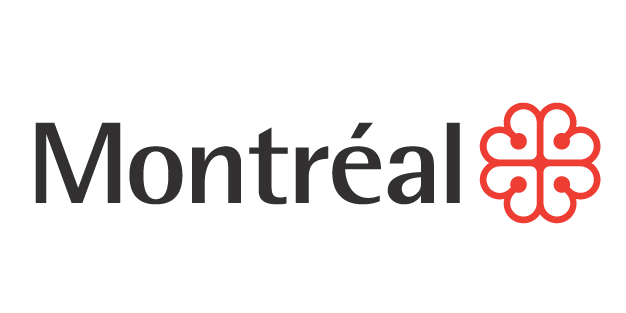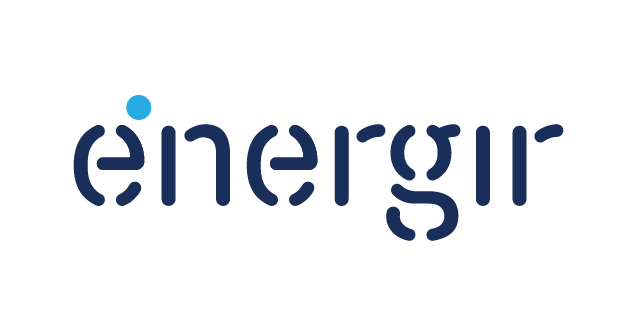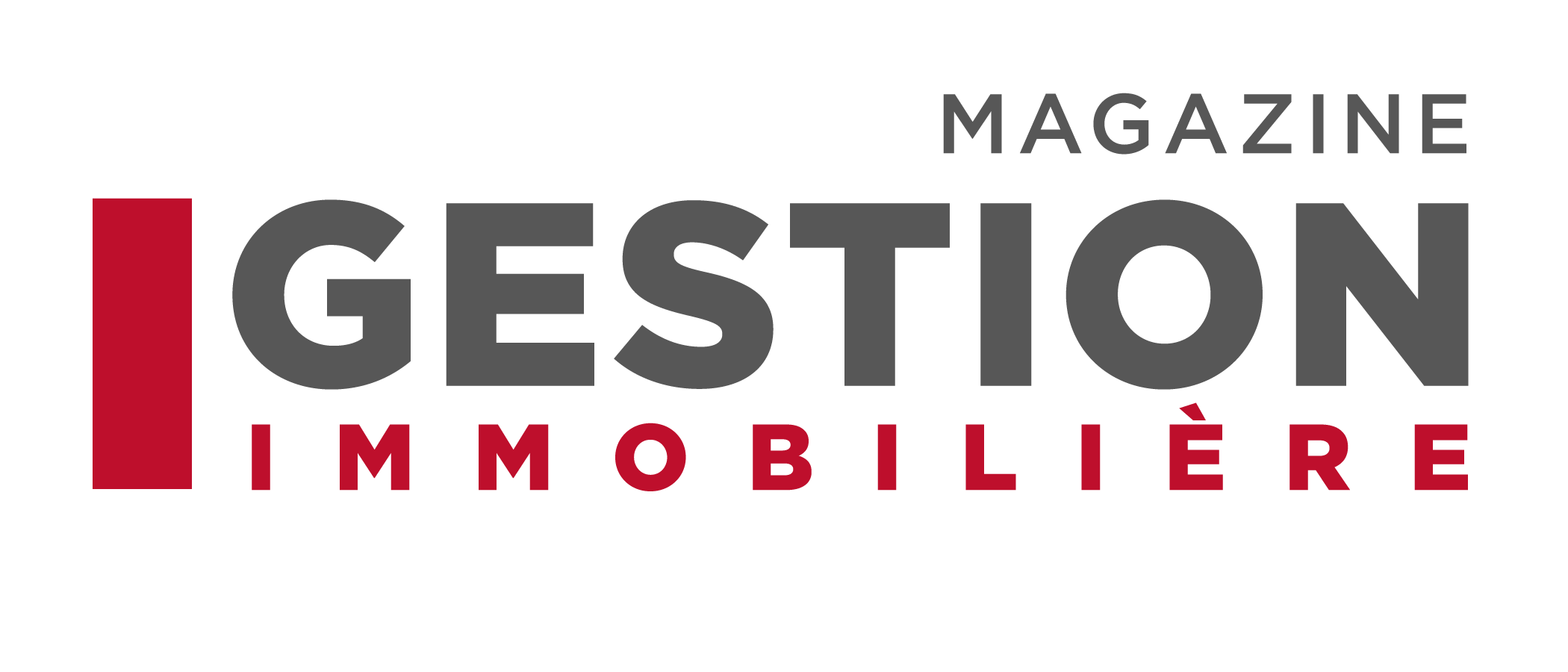First of all, happy start of the year to all of you. Most likely you’ve already done your year-end review. What strikes you most about the past twelve months? And what about the next twelve?
Like all sectors of the economy, real estate has been strongly affected by the constraints and impacts caused by many events. There is no need to name them; they’ve all been the subject of much discussion. What does 2023 hold in store for us? It appears that we are approaching a crossroads, that we must collectively make the right choices now. So let’s move forward into 2023 with that in mind.
Let’s look at energy use in real estate. I truly believe that we can look forward to 2023 with optimism. Decarbonization is now much more than a buzzword. Very concrete actions are being taken and we are starting to see results. The major real estate corporations are implementing strong ESG measures that attest to a growing awareness in the real estate sector, and a sense of the pressing need to act.
Government bodies and public authorities are also increasingly committed to respond to climate change. The City of Montreal recently implemented new regulations, accelerating measures to reduce energy consumption and GHG emissions. The province has realized that the issues are more complex than anticipated as regards hydroelectricity, gas, renewable energy, economic impacts, availability of resources, etc. The federal government wants to present itself as a leader on the international stage. This is all very positive.
As for the BEC, the 2nd edition is well underway and is already fast approaching the end of its 1st year. How has the program adapted to the realities mentioned above?
First, I would like to bring to your attention the fact that the official dates have changed. The deadline for registering and sharing your energy data is now May 31 of each year, and the award galas will now take place in the fall instead of the spring.
Given that the major objectives are being maintained, we don’t intend to change what is going well.
1. Promote Sound Energy Management
This starts with managing energy consumption data. You must continue to share your data with BEC. At the end of 2021, the City of Montreal passed a new bylaw to that effect. The BEC responded by changing the deadline for sharing data.
We will continue to provide you with our comparative analyses so that you can establish your positioning and guide your decisions. You will then be ready to meet the requirements of the bylaw on June 30.
I would like to emphasize one point. We have always presented the program as a friendly competition where we voluntarily contribute to making a positive change. That is of course true, but I would like to point out that the BEC is first and foremost a tool. Participating in the competition gives you access to a number of cutting-edge resources that will help you implement measures to improve the energy performance of your buildings.
Inevitable? Yes. With the City of Montreal’s new bylaw and the upcoming advent of a new province-wide regulatory framework, the question is not “if” but “when” to make the energy shift.
Everyone now seems to understand that ESPM is a very good tool for energy data management. We are pleased that we made the decision to adopt it when establishing the competition, and hope that suppliers will allow automated data transfer to ESPM in the coming months. That would be very helpful for all concerned. That initiative was first launched in 2020, and may finally come to fruition soon.
2. Develop a Culture of Continuous Improvement
There is always a desire to keep the competitive flame of property managers burning brightly. That is how leaders emerge. This year BEC 2.0 made some adjustments to the competition. The energy efficiency category will still have its annual awards, but there is now also an award for best results over the 4-year period. Decarbonization will have special emphasis, with an award for results over the 4-year period. The process involves switching to electricity or natural gas, but there is no question of imposing conditions on Hydro-Québec for peak demand. Hydro-electricity is a privileged resource for all Quebecers. To ensure responsible decarbonization, participants will have to include in the annual sharing of energy data the power consumed each month. The idea is to “give back” to Hydro-Québec the fruits of the energy efficiency obtained, and to claim only the energy used to efficiently heat your buildings.
3. Provide Support
The BEC is a program by real estate for real estate. The technical committee will continue its excellent work, proposing useful solutions adapted to the needs of all participants, because each building and each sector of activity has its own realities and conditions. Supporting you as effectively as possible is our “challenge”.
I will stop here. Thank you for taking the time to real this lengthy missive.
Please note the new date of May 31, 2023 for sharing your 2022 data. Don’t forget to include the KW of power data for the years 2021 and 2022.
Keep up the good work!
Mario Poirier
Program Director







